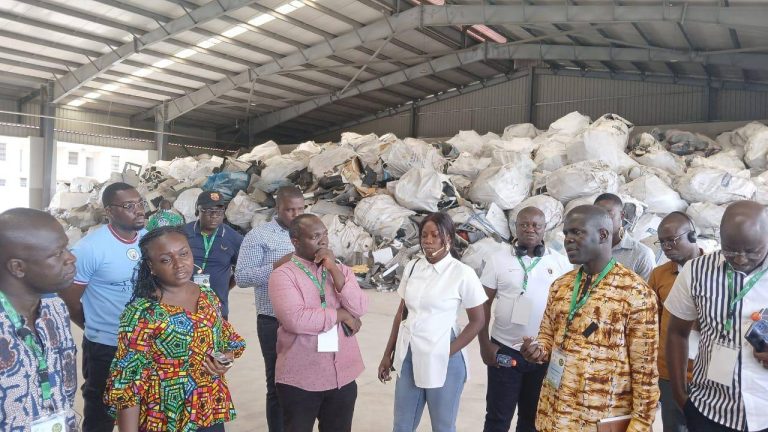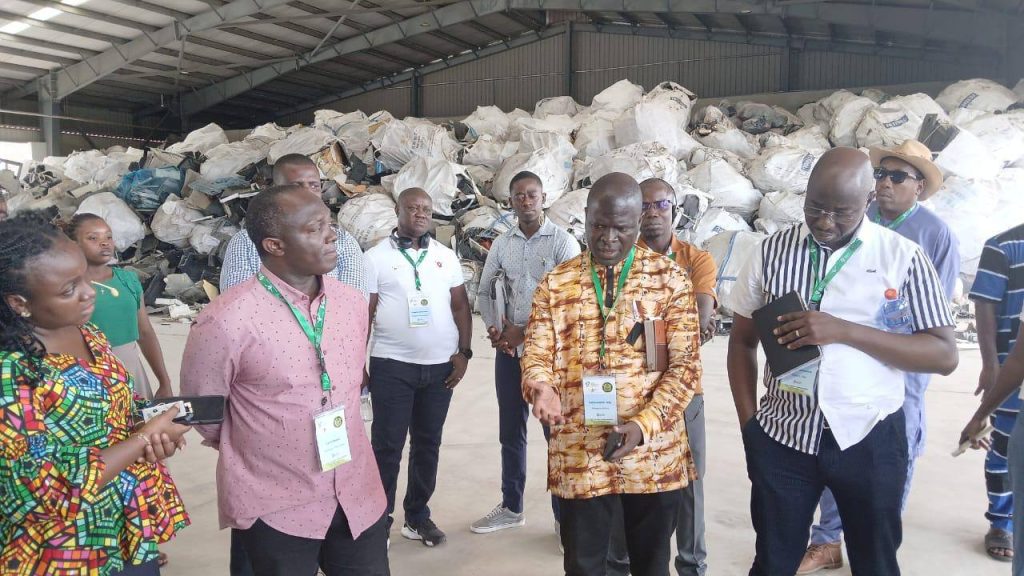Posts Categories
Latest Posts

(Accra, Ghana, April 13, 2025) – The Executive Director of the Environmental Protection Agency (EPA) of Liberia, Dr. Emmanuel K. Urey Yarkpawolo, and Project Liaison Officer Mr. Desmond Thompson have completed a two-day training on project management and oversight. The training was held in Accra, Ghana, from April 10–11, 2025.
The training brought together National Operational Focal Points (OFPs) from across West Africa. It was held at the La Palm Royal Beach Hotel and was organized by the Tropical Biology Association in collaboration with the Global Environment Facility (GEF), Ghana’s GEF OFP Office, and Everything Sciences Consultancy.
The workshop was part of the GEF-8 Country Engagement Strategy. It aims to help countries manage and supervise GEF-funded projects better. Key areas covered included project planning, monitoring, evaluation, and how to properly use oversight funds.
On the first day, participants were addressed by representatives from GEF, the Tropical Biology Association, and other environmental experts. They discussed best practices, current challenges, and ways to improve results of GEF-funded projects.
The second day included a tour of Ghana’s e-waste recycling sites. These sites are part of the Africa Environmental Health and Pollution Management Program (AEHPMP), a regional program working to reduce the health risks from dangerous chemicals and electronic waste.

After the tour, Dr. Urey Yarkpawolo praised Ghana’s progress. He said he was impressed with how the country manages e-waste, especially the way the informal sector plays a role in collecting and sorting out useful parts like copper and other metals. These parts are then sold instead of being burned, helping young people earn income and protecting the environment.
He explained that after collection, the useful waste materials are taken to primary holding centers. From there, they are moved to secondary centers, where big recycling companies bid for them and turn them into new products.
The project is supported by GEF. To keep it going, Ghana has passed a law that taxes the import of electronic goods. The money from the tax is used to support recycling when the products reach the end of their life.
“This is a great idea,” Dr. Urey Yarkpawolo said. “I am taking this model back to Liberia. We will send a team to learn more and try something like this to manage the electronic waste we are facing.”
In 2016, Ghana passed two important laws — the Hazardous and Electronic Waste Control and Management Act (Act 917) and the regulations (LI 2250). These laws make it a rule for importers and producers to register with Ghana’s EPA and pay an eco-tax. This tax helps support proper e-waste management and helps bring informal workers into the formal system.
The GEF is a partnership of 186 countries, international institutions, civil society, and private sector players. It provides funding to help countries deal with environmental challenges like climate change, land degradation, pollution, and loss of biodiversity.
Since 1991, GEF has provided billions of dollars in grants and helped fund thousands of environmental projects around the world.
-30-
